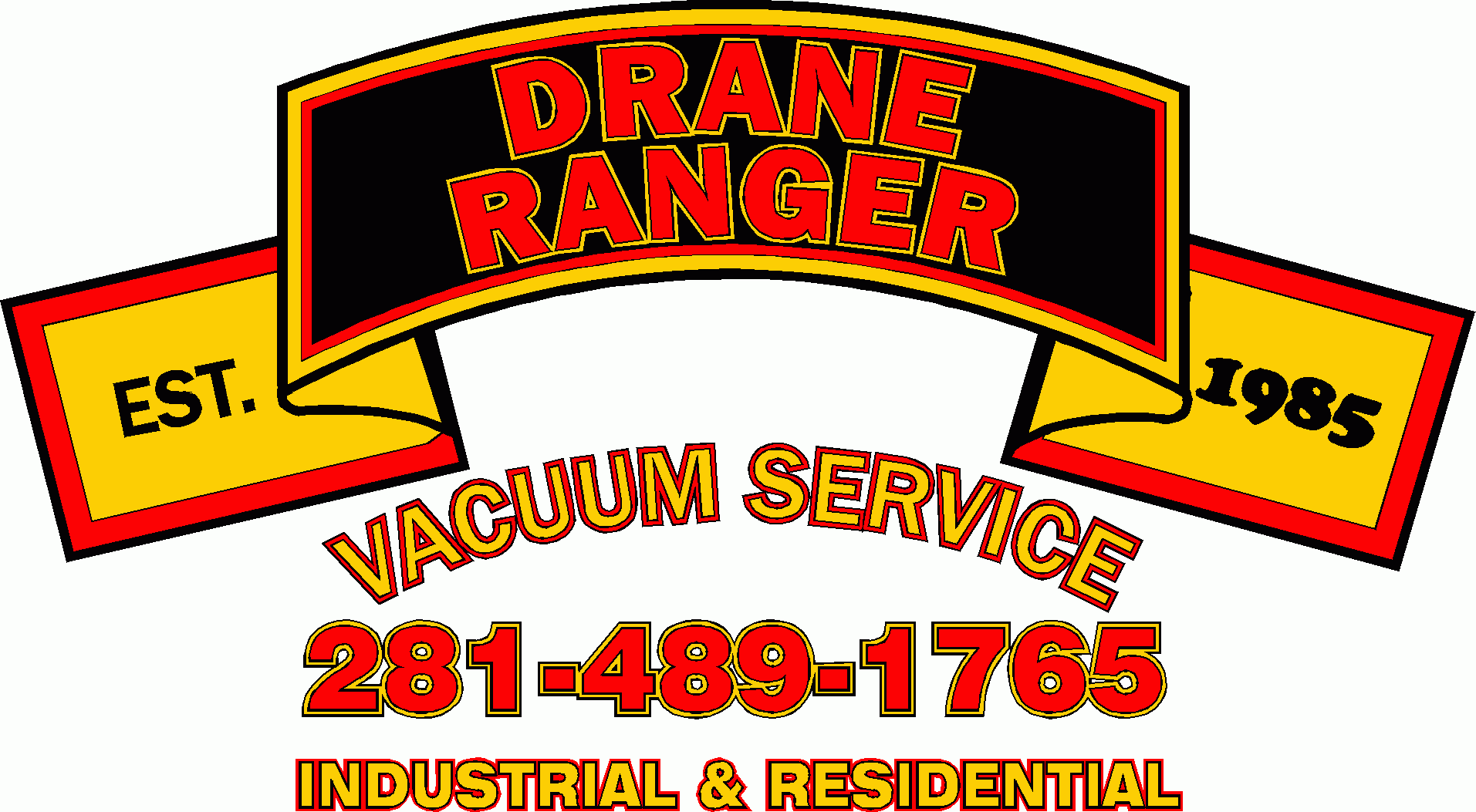If you are running a business that includes a commercial-sized kitchen, like a restaurant or a bar, are you keeping your grease trap or interceptor properly maintained and cleaned? If you are having strong odors coming from your drains or having your plumbing back up, you may want to search for a “grease trap service near me” or risk losing business. FOGs (fats, oils, grease) can cause major issues with your pipes, and municipal sewer if you aren’t properly maintaining your system.
What is a Grease Trap?
A grease trap or grease interceptor is designed to limit FOGs from making it to the municipal sewer system and water treatment facilities. They work by routing your drains through a system that will separate grease and oils from wastewater. The tank is filled with water, and when your wastewater enters, the grease will float to the top, solids will sink to the bottom, and just wastewater without FOGs will make it through. You should search for a “grease trap service near me” to maintain your interceptor.
Is Grease Really a Problem?
Grease can be a huge problem, both for your business’s plumbing and for the sewer systems of the municipality. Without a grease trap to capture FOGs, you’ll start to have a buildup of grease in your plumbing, which over time will restrict the flow of water going out to the sewers, causing backups in your sinks, floor drains and dishwashers. It isn’t just your drains you have to worry about though, municipal sewers can also get backed up with FOGs over time, with the number of households and businesses that empty their wastewater into the sewers every day. If a clog happens, and it is found out that your business has contributed to the issue, you can be heavily fined. Make sure the grease interceptor you do have is cleaned out regularly to avoid backups by contacting grease trap cleaning service.
Does Your Business Need a Grease Interceptor?
Grease traps and grease interceptors are similar devices, just different sizes. A grease trap will generally be inside your restaurant under the sink and can handle below 50 gallons per minute. However, if you have a larger business, you will need a grease interceptor, which handles more than 50 gallons per minute and is installed underground outside your business. If you don’t know what size of system you need, search for a “grease trap service near me” and get their professional opinion.
How Do You Maintain Your Grease Interceptor?
Just because you have a grease interceptor, doesn’t mean you should be pouring grease, or solids down your drain, they are designed to capture residuals only. So to keep your interceptor running smoothly, make sure you scrape off any plates and pans before washing them. For smaller traps, clean them before and after work every day, and for interceptors with a capacity of 100 gallons or less, once a week in between pump outs from a “grease trap service near me”. Recycle any waste cooking oils you can to avoid pouring them down the drain.
How Often Should You Schedule Servicing?
You should consult the local municipality for your local regulations of how often you are legally required to pump out your interceptor. However, the running rule is to pump out a system that is ¼ full.
Grease Trap Service Near Me
If you are looking for a “grease trap service near me” in the Houston area, contact Drane Ranger today for a consultation and quote.
